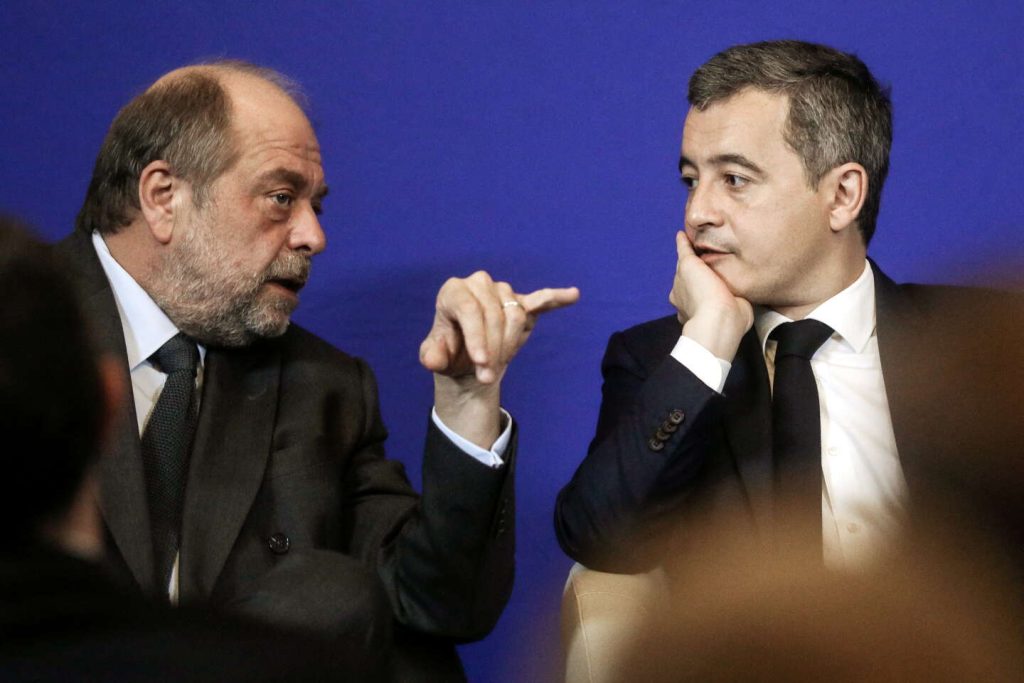During a session with the Senate inquiry commission on the impact of drug trafficking, French Minister of the Interior Gérald Darmanin declared that he believes drugs pose the greatest security threat to the country. He emphasized the need to address this collective threat head-on, setting the tone for the discussion. However, some members, including the president of the commission, Jérôme Durain, questioned the effectiveness of large-scale operations such as “Place nette XXL” in dismantling drug networks. Despite criticisms of the communication-focused approach, Darmanin defended the seizures and arrests made during these operations, highlighting the disruption caused to street-level drug dealing as well as higher-level organized crime networks.
The minister acknowledged the communicative aspect of the government’s strategy, which targets street-level drug dealing in order to disrupt higher-level criminal networks operated by individuals often based in foreign countries like the Gulf states. However, specialized services have raised concerns about the link between street-level operations and the apprehension of international traffickers, advocating for more long-term investigative efforts. Darmanin’s goal is not necessarily to eradicate drug trafficking, but rather to prevent criminal organizations from amassing too much financial power. He stressed the need for a comprehensive approach involving financial specialists, tax authorities, and social organizations like Urssaf, but also admitted that there is room for improvement in terms of coordination between different agencies.
One of the proposed measures to enhance coordination in the fight against drug trafficking is the creation of a national anti-drug prosecutor’s office. This initiative aims to consolidate efforts across various agencies and ensure a more unified approach towards combating drug-related crime. Darmanin emphasized the importance of collaboration between judicial authorities and law enforcement agencies in order to effectively tackle the challenges posed by drug trafficking. However, there are still concerns about the lack of a cohesive, interministerial strategy to address the complexities of the drug trade and dismantle criminal networks at all levels.
Despite the government’s efforts to address drug trafficking, there are lingering questions about the overall impact of large-scale operations and the effectiveness of the current approach. Some critics argue that the emphasis on communication and visible displays of force may not always translate into lasting disruptions to criminal networks. The debate within the Senate commission reflects broader discussions about the best strategies to tackle drug trafficking, including the balance between immediate seizures and arrests versus long-term investigative efforts to dismantle organized crime groups. As the government continues to grapple with the challenges posed by drug trafficking, there is a growing recognition of the need for enhanced cooperation and coordination among different agencies to address this complex issue comprehensively.


